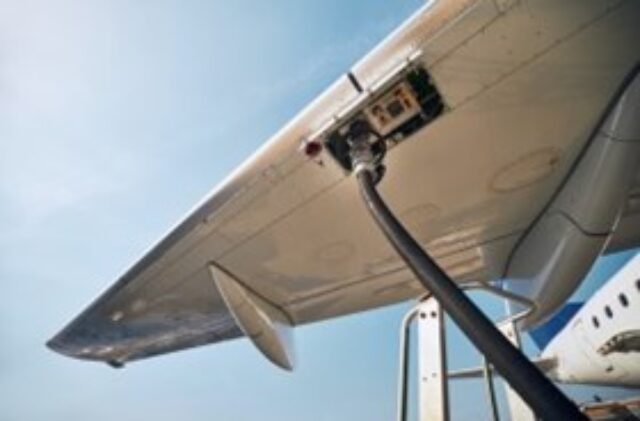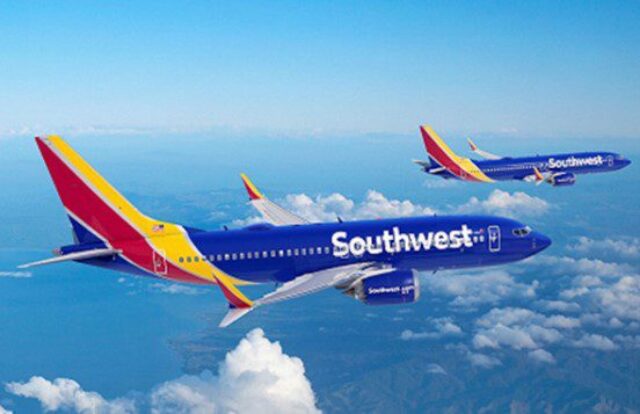ADS says industry will “play its part” towards net zero emissions target by 2050
Aviation body CEO reiterates commitment to developing cleaner technologies in response to letter from government climate advisers to Transport Secretary Grant Shapps
ADS has said the industry will “play its…

Aviation body CEO reiterates commitment to developing cleaner technologies in response to letter from government climate advisers to Transport Secretary Grant Shapps
ADS has said the industry will “play its part” in reducing carbon emissions and has emphasised a £22 billion investment into research and development into cleaner aviation technologies in its response to advice from the government’s climate advisers.
The Committee on Climate Change (CCC) has published a number of initiatives to help tackle climate change in a 17 page letter from CCC Chairman Lord Debden to Transport Secretary Grant Shapps. The letter welcomes the government’s ambition to create net-zero carbon emissions by 2050, but warns that shipping and aviation were unlikely to meet this target. The letter adds that aviation is set to be the largest emitting sector in the UK by 2050.
The government is currently planning for an increase in 49 per cent in air travel levels but the CCC has suggested growth should be limited to 25 per cent in order to bring about lower emissions. Other suggestions include imposing a levy on frequent flyers.
UK investment into cleaner aerospace technologies tops £22 billion
A statement issued by ADS in response to the CCC’s letter states that the UK aerospace sector has invested £22bn in green technology R&D since 2005. The statement added that UK demand for flights had risen by 28 per cent, while emissions from aviation have fallen by 3.5 per cent.
The statement also outlined successful long-term industrial strategy programmes which support the development of cleaner technologies such as those run by the Aerospace Technology Institute as well as the recently launched Future Flight Challenge which sees £125m investment by the Government matched by £175m from industry.
ADS states that each generation of aircraft was around 20 per cent more efficient than the last, while fuel efficiency had improved 1.5 per cent a year since 2009 as improved technology was introduced on new aircraft and fleets were updated.
Responding to publication of the letter, ADS Chief Executive Paul Everitt said: “The UK aerospace industry recognises its responsibility to cut the environmental impact of flying and is committed to playing its part in achieving the net zero target.”
“To reduce global CO2 emissions, aviation companies are investing heavily in improvements to current technology, sustainable aviation fuels, and radical new aircraft and propulsion technologies.”
He added: “This is a global issue. Industry and government must work closely together to make sure international regulatory approaches work effectively and investment is attracted into the UK for our world-leading aerospace industry to develop the next generation of clean aerospace technology.”
Subscribe to our weekly newsletter
















